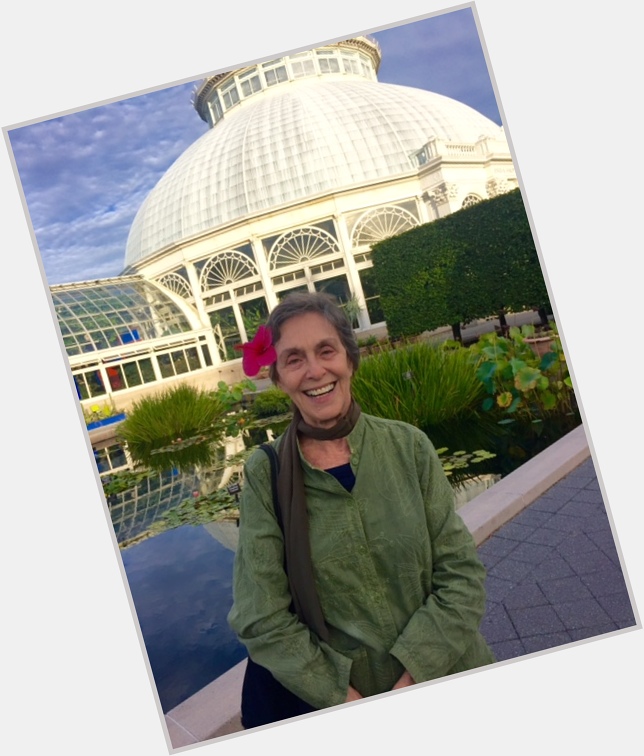

So confident was I of fitting into my limited realm that I had no notion of what it meant to belong to a small minority in the larger world. Everyone knew exactly who was which, and since our rigid system of social clubs kept us with our own, we all took our ethnicity for granted. Which meant that in our high school of roughly half Jews, half Christians, we never mixed socially but did acknowledge each other's capabilities and prowess. I grew up before and during World War II in a middle-class Cleveland suburb among Jews and Christians living together in easy truce. There my mother was educated and assimilated, married a Jewish atheist attorney, and conceived me. Part of a minuscule Jewish minority when not the only Jewish family in town, my grandparents kept moving until, following my mother's birth in a Pennsylvania hamlet, the youngest of seven children, they moved permanently to a large Jewish community in Cleveland, Ohio, where they finally felt at home. What he thought of them wasn't much, I gathered from his dismissive remarks about the goyim.

Though he wore no beard or yarmulke, I wonder what the Midwestern Christian burghers and farmers whom he solicited thought of him, a Jew with a heavy Yiddish accent who could lift the front of a car off the ground with his bare hands. From the first decade of the twentieth century until after World War II, first in a horse-drawn cart, then in a truck, he scoured rural Pennsylvania and eastern Ohio for abandoned machinery, cars, stoves, tools, pots and pans, which he sold by the ton whenever he amassed enough to fill a railway freight car. How startling to discover in my maturity an affinity with my grandfather the scrap-metal peddler.


 0 kommentar(er)
0 kommentar(er)
